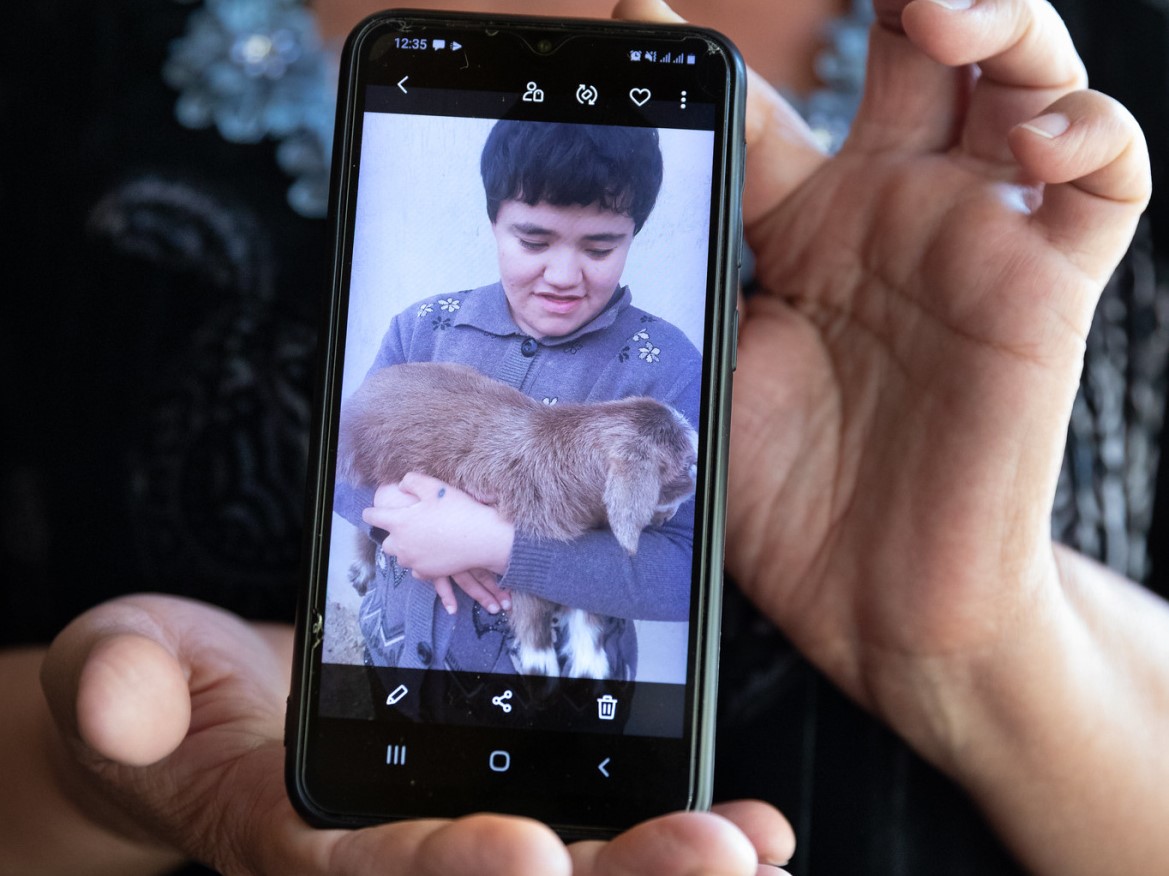Tajikistan: Getting ready to welcome children with dissabilities to school
Bibihilola’s daughter, Zuhro, was born with an intellectual disability. Children with disabilities are at a greater risk of being excluded from education and, in Tajikistan, face formidable barriers to get the education they deserve.
The school environment was not well adapted to children with disabilities like Zuhro’s, and Bibihilola had to go above and beyond to ensure her daughter could attend. She dedicated time to helping her with lessons, and ensured her sanitary and hygiene needs were met when in school.
Despite the impediments, Zuhro attended school for nine years and flourished. Today, she is 21 and has a job as an assistant cook, which she enjoys.
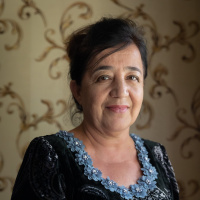
"Our schools are not ready to welcome children with disabilities. They don’t have the necessary infrastructure and teachers are not equipped with the appropriate materials and skills; they don’t know how to cater to the children’s special needs.”
Toward inclusion of all children
In Tajikistan, thousands of children with disabilities are excluded from formal schooling, and left behind. Many simply remain or study at home, due to misconceptions regarding disability as well as schools and teachers being ill-equipped to offer a suitable learning environment for these children.
Schools don’t have the appropriate infrastructure or materials and teachers lack the training necessary to understand the needs of these children and adapt teaching methods.
However, the government has been taking important steps to provide inclusive learning. In 2017, 49 resource centers were established at schools around Tajikistan by the Ministry of Education and Science to support the education of children who have mental and physical disabilities.
Children with disabilities learn in mainstream classes and have access to the resource centers, where learning takes place mainly through play and there are games’ zones, libraries and visual materials. Parents are also active participants in the lessons carried out at these centers and children can take books home.
In 2021, in an effort to continue improving the school environment for children with disabilities, the education ministry asked the Alliance of Civil Society Organizations in Tajikistan for Education (ACTE) to evaluate these centers on accessibility and provide recommendations for improvements.
ACTE is a national education coalition promoting quality inclusive education and is supported by Education Out Loud—GPE’s fund for advocacy and accountability.
Despite the good intentions behind these centers, ACTE found that teachers in the centers had little to no knowledge of inclusive education and decided to take action.
With support from GPE’s Education Out Loud grant, the coalition organized three-day trainings for teachers and school directors working at the centers. The goal was to teach participants about inclusive education and how to work with children with disabilities to eventually enable more of them to join mainstream schools.
The trainings—which took place in August-September 2022—showed teachers and directors how to prepare an individualized teaching plan for children with disabilities, provided a template they can easily follow, and recommendations on how to build school infrastructure according to international standards of building.
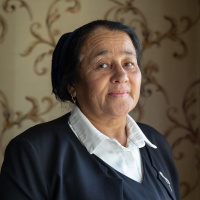
“We learned a lot during the training. We learned about Down syndrome and autism. We now understand the difficulties for children with disabilities and learned how to adapt the school syllabus and our resource centers to their needs.”
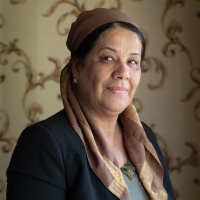
“It was good for us to exchange experiences and knowledge during the training. We have created a WhatsApp group to keep sharing our ideas and experiences.”
Thanks to the training, things are changing in schools, and the knowledge acquired is being put into practice. Some schools are installing ramps.
Teachers have changed their attitude toward children with disabilities and are adapting the school curriculum in consideration of the needs of each student with disability.
Amplifying the voices of the marginalized
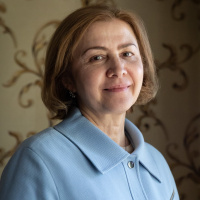
“Civil society organizations are part of the local education group in Tajikistan. And because ACTE representatives are located in communities, we can bring the voice of those who wouldn’t otherwise have one.”
The work of civil society organizations (CSOs) is essential to help shape education policies and hold the government accountable to their duty to ensure that every child can exercise their right to quality education.
This is why GPE—through Education Out Loud—supports ACTE and CSOs in engaging in education sector policy dialogue.
“Being part of the local education group gives us the opportunity to find out what is happening at the level of the ministry. Now the members of our education group are usually informed about any changes in the education sector.” Mukhbira Tyuryaeva, Member of ACTE
There is still a lot to do to ensure that all children with disabilities in Tajikistan have the opportunity to attend and finish mainstream education alongside their peers. This requires policy changes, teacher training and the adaptation of school buildings to be more inclusive.
Thanks to GPE support through Education Out Loud, steps are being taken in the right direction, and more and more children are getting the education they deserve.
“We want to contribute to improving our children's future. We want children with disabilities to be able to experience inclusive education.”Khosiyat Jahonova, Member of ACTE
